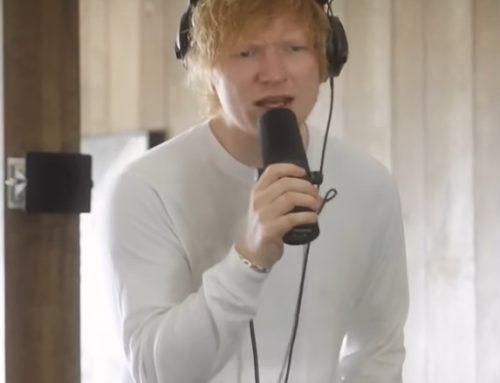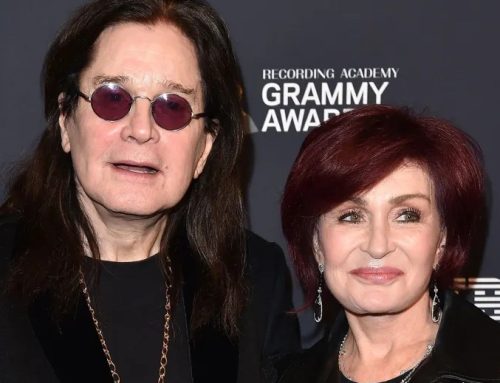The 2020 Eurovision song contest has been cancelled. The event’s 65th edition was to take place in Rotterdam from May 12-16 and be broadcast live globally.
“We, like the millions of you around the world, are extremely saddened that it cannot take place in May,” organizers at the European Broadcasters Union, which oversees the contest in which 41 participating public broadcasters present their country’s contestants, said in a statement on Wednesday (March 18) which explained that many options to go ahead with the event had been explored, but ultimately cancelation became inevitable.
“The uncertainty created by the spread of COVID-19 throughout Europe — and the restrictions put in place by the governments of the participating broadcasters and the Dutch authorities — means the European Broadcasting Union (EBU) has taken the difficult decision to not continue with the live event as planned. The health of artists, staff, fans and visitors, as well as the situation in the Netherlands, Europe and the world, is at the heart of this decision.”
Via the statement, Sietse Bakker, executive producer of the contest, said she was sympathetic to the fans’ disappointment: “For the artists from 41 participating countries, our opening and interval acts that put their hearts and souls into their performance,” Bakker commented. “Some perspective is appropriate because, at the same time, we also realize that this decision and its consequences don’t compare to the challenges faced by people affected, directly or indirectly, by the coronavirus and the difficult but necessary measures,” she added.
Coronavirus had previously cast a shadow over contest preparations when European Song Contest executive supervisor Jon Ola Sand and other representatives had skipped a March 9 delegates meeting, due to a travel ban put in place at the EBU after a staff member had tested positive for the virus. Delegates from Sweden and Israel had also been absent from that meet and greet.
“We are very proud of the Eurovision Song Contest, that for 64 years has united people all around Europe,” Sand said. “And we are deeply disappointed about this situation. The EBU, together with the Host Broadcaster NPO, NOS, AVROTROS and the City of Rotterdam will continue to talk to see if it’s possible to stage the Eurovision Song Contest in Rotterdam in 2021…We regret this situation very much, but I can promise you: the Eurovision Song Contest will come back stronger than ever.”
An official statement from the European Broadcasting Union on the #Eurovision Song Contest 2020. pic.twitter.com/b3h7akxvpF
— Eurovision Song Contest (@Eurovision) March 18, 2020





















